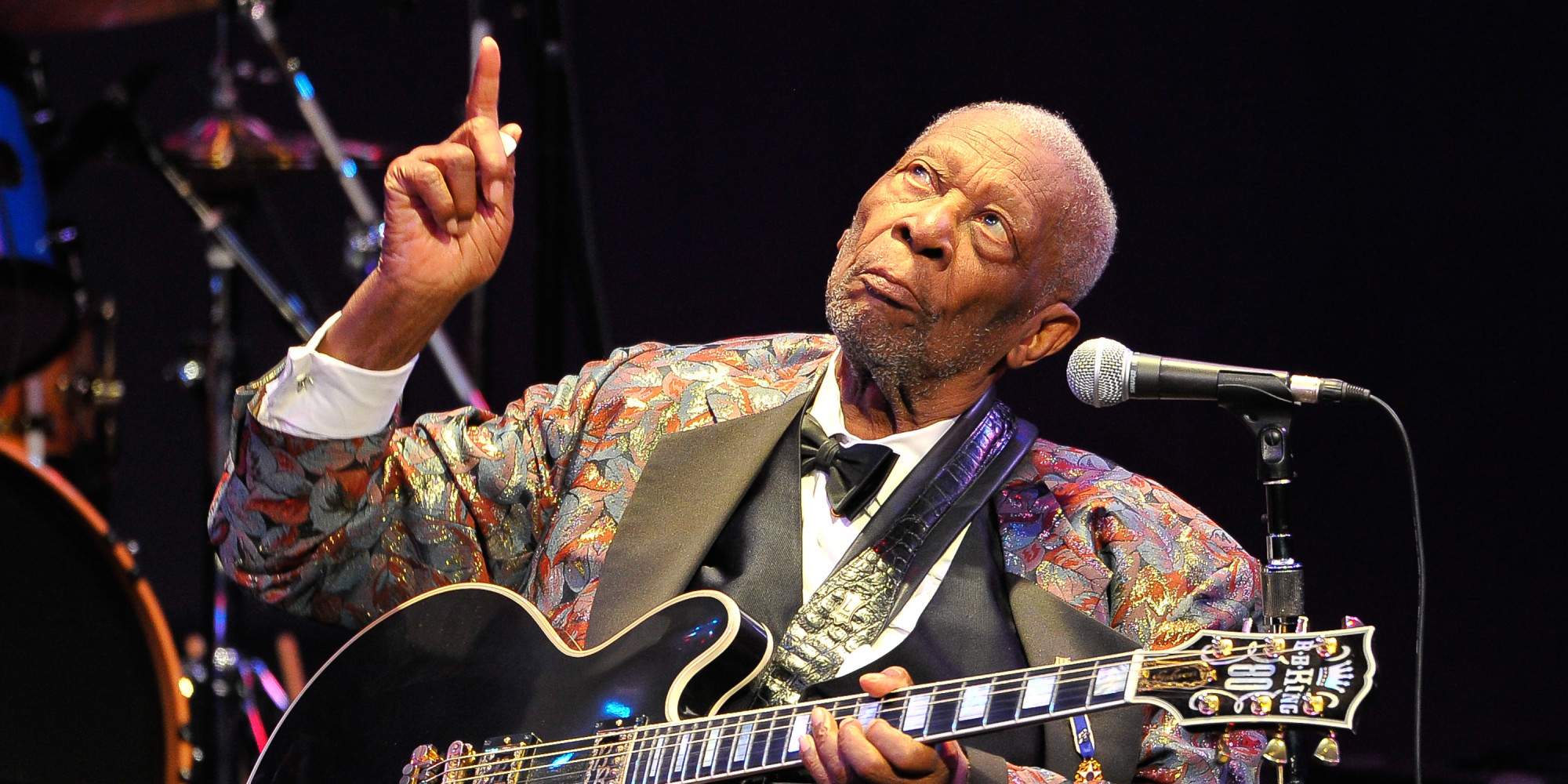The King of the Blues
B.B. King, born Riley B. King on September 16, 1925, in Itta Bena, Mississippi, is one of the most iconic figures in the history of blues music. Known for his expressive guitar playing and soulful voice, King popularized the blues globally, influencing countless musicians across genres.
Early Life and Musical Beginnings
- B.B. King grew up in a poor sharecropping family in the Mississippi Delta, a region steeped in blues tradition.
- As a child, he sang in gospel groups and played guitar, developing a passion for music despite economic hardships.
- In 1947, he moved to Memphis, Tennessee, a hub for blues and R&B, to pursue a career in music.
- King got his first big break on a radio show hosted by blues musician Sonny Boy Williamson II. His nickname “B.B.” evolved from “Beale Street Blues Boy.”
Career Milestones
- Recording Debut:
- In 1949, King signed with RPM Records, marking the beginning of a prolific recording career.
- His early hits, such as “Three O’Clock Blues” (1951), established him as a rising star.
- Signature Guitar Style:
- King’s unique vibrato and single-note improvisations, often played on his beloved guitar “Lucille,” became his hallmark.
- His influence extended to rock legends like Eric Clapton, Jimi Hendrix, and Carlos Santana.
- Crossover Success:
- King achieved mainstream fame with songs like “The Thrill Is Gone” (1969), which won a Grammy Award.
- His collaborations with artists like U2 (“When Love Comes to Town”) introduced blues to younger audiences.
- Awards and Recognition:
- Over his career, King received 15 Grammy Awards, including a Lifetime Achievement Award in 1987.
- He was inducted into the Rock and Roll Hall of Fame in 1987 and received the Presidential Medal of Freedom in 2006.
- Relentless Touring:
- Known as one of the hardest-working musicians, King performed over 200 shows annually well into his 70s, solidifying his reputation as a dedicated live performer.
Social and Cultural Impact
- Popularizing the Blues:
- King played a crucial role in transforming blues from a regional genre into an international phenomenon, influencing rock, jazz, and soul music.
- Cultural Bridge:
- His collaborations across racial and musical boundaries helped bridge cultural divides during the Civil Rights Movement.
- Philanthropy:
- King supported educational initiatives, founding the B.B. King Museum and Delta Interpretive Center in Indianola, Mississippi, to celebrate blues history and empower local communities.
- Mentorship:
- As a mentor, King nurtured young musicians, ensuring the blues tradition continued to thrive.
Legacy
B.B. King passed away on May 14, 2015, at the age of 89, leaving behind a towering legacy. Known as the “King of the Blues,” he remains a symbol of perseverance, artistry, and the transformative power of music.
His life and music continue to inspire new generations, cementing his status as one of the most influential musicians in history.
Official YouTube channel for BB King:
https://www.youtube.com/channel/UCRBh8rjd8umQiMMNB9_5D_w
References
- “B.B. King: The Life of Riley” (Documentary, 2012)
- Rock and Roll Hall of Fame Induction Archive: B.B. King
- B.B. King Museum and Delta Interpretive Center, Indianola, Mississippi
- Guralnick, Peter. Sweet Soul Music: Rhythm and Blues and the Southern Dream of Freedom


Leave a Reply